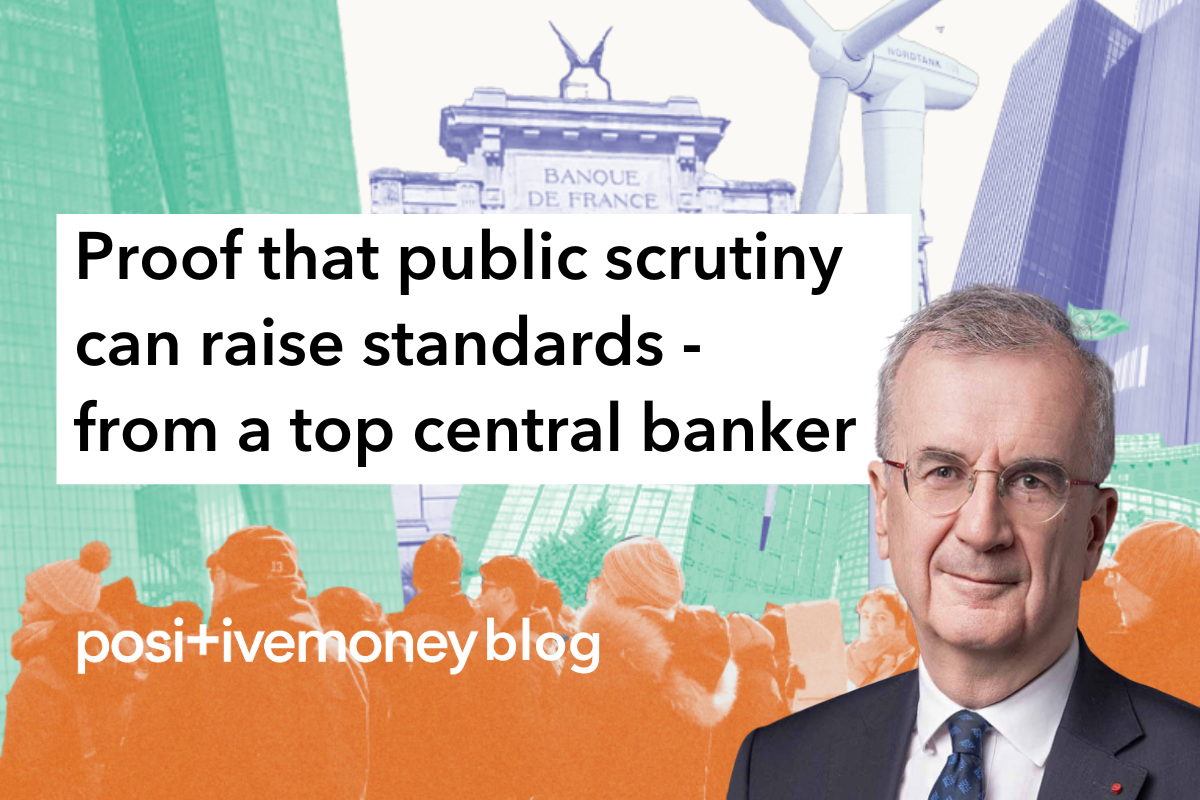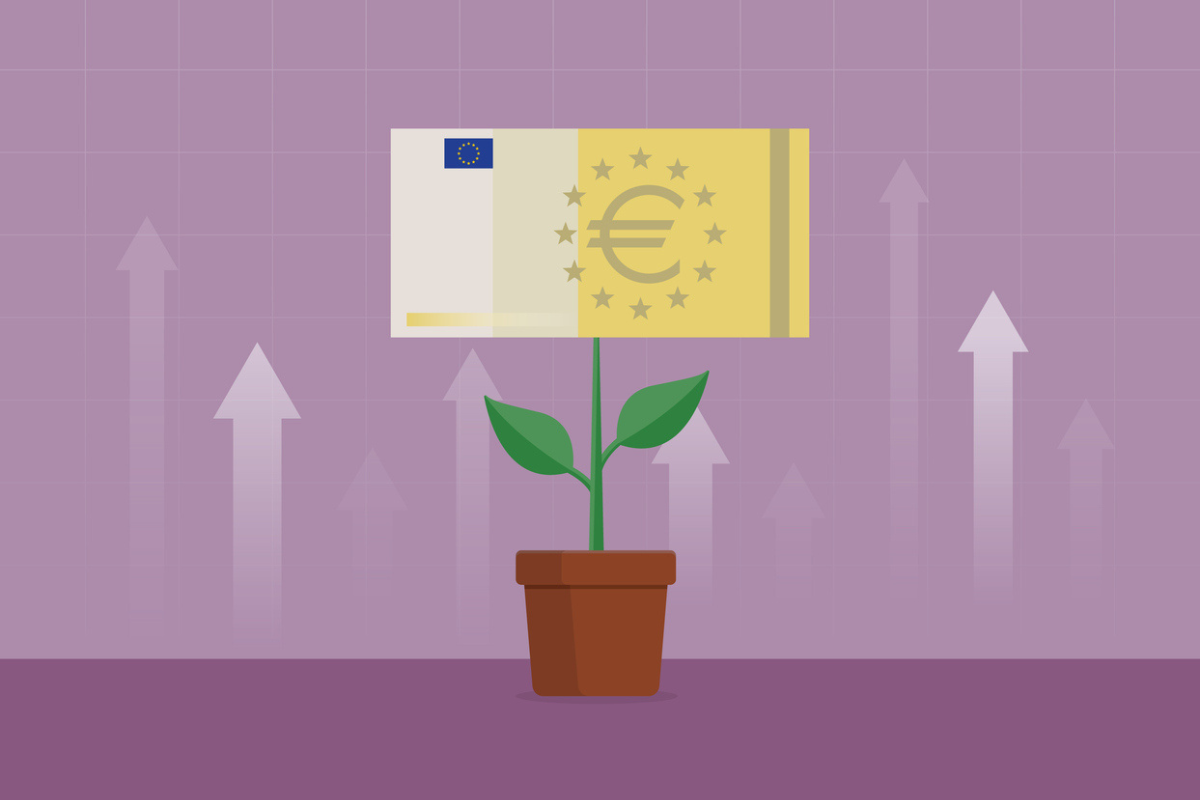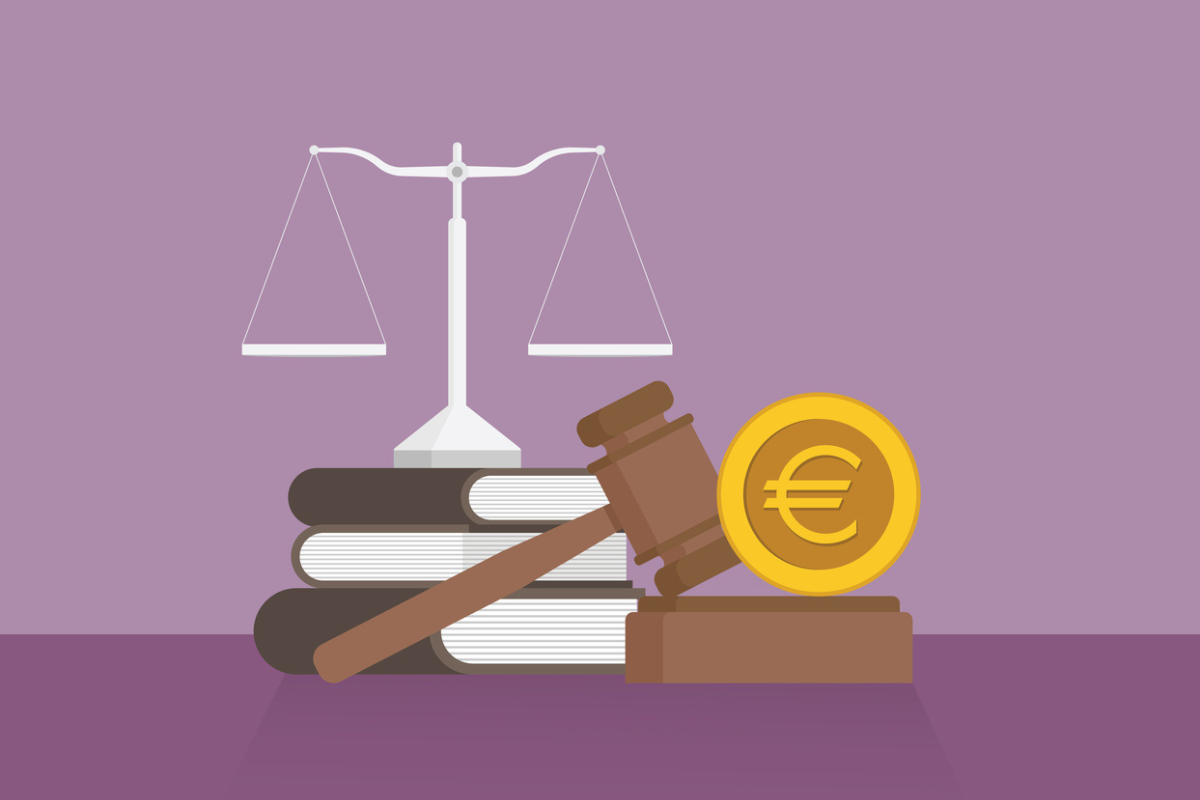
UKEU
18 February 2026
The European Elections are just around the corner. After five years filled with unprecedented events like the COVID-19 pandemic, war, geopolitical tensions, supply shocks, climate and energy crises, and the rising cost of living, it’s clear that Europe has had to adapt to multiple critical challenges. Will Europe be able to shape a response that offers hope for a fairer, safer future?
From June 2024 onwards, policymakers will have the opportunity to enhance Europe’s independence and strengthen its capacity to ensure high quality living standards, stronger democracy, and a stable, fairer and greener economy for all—not just for a few big banks and corporations. Will they seize this huge opportunity?
Explore our five proposals to do so!
For a long time, our economy has been based on an extractivist and short-sighted approach. Fossil fuel companies have maintained a predatory attitude, and the financial system has endorsed the status quo. However, public financial institutions, such as central banks, have the power to decide the direction in which to channel money. The ECB is no exception. Its primary role is to contain inflation and maintain stable prices. Price stability is threatened by climate change. Extreme weather events and volatile fossil fuel prices, both consequences of our reliance on fossil fuels, are key drivers of inflation. Moreover, the ECB also has a secondary role to support the long-term objectives of the European treaties, such as employment and environmental protection. Sitting at the top of the entire Eurozone financial system, the ECB has powerful — but unexploited — tools to make banks and investors shift trillions of euros towards the green transition.
That is why we propose feasible financial tools to favour green investments and discourage fossil fuels. Lower rates for green projects for instance can accelerate sustainable energy, reduce emissions, lower energy bills and ensure stable prices. The ECB can also limit fossil fuel bonds and revise collateral rules to promote greener options. Recently, both President Macron and Yolanda Diaz, Spain’s Second Deputy Prime Minister, urged a shift in monetary policy, calling on the ECB to consider climate concerns along with price stability. This shows how a growing number of EU leaders want the ECB to take the climate seriously.
The scientific evidence is clear: there will be no economy to defend on a planet devastated by extreme weather. Historically, the ECB has responded to inflation—mainly driven by fossil fuel dependency and weather-related impacts on food production—by raising interest rates. This approach disadvantages green energy projects, which require substantial upfront investments and predictable and stable energy prices, making them particularly sensitive to borrowing costs. As a result, new European green businesses, such as offshore wind farms and solar energy for instance, are facing delays. We’ve already seen this happening.
As Europe aims to secure industrial policy measures for a net-zero economy and compete with global initiatives like those in the U.S. or China, attracting green investments becomes crucial. However, promoting green investments alone will not achieve full decarbonisation. We also need to enhance energy efficiency, particularly in homes, which should be a cornerstone of the EU’s strategy for energy independence. We urge EU institutions, including the ECB and national governments, to allocate necessary funds to improve our homes’ energy efficiency, making them healthier and more environmentally friendly.
Simply put, a greener Europe is a stronger Europe.
New EU fiscal rules, recently approved by the European Parliament, might hinder the just transition we need. The current fiscal constraints, such as limiting budget deficits to below 3% of GDP, could lead to a new era of austerity, restricting countries’ ability to support social progress and environmental sustainability.
At the same time, we know that monetary policy also has distributional, social and environmental consequences. Rate increases do not only hinder green investments, but also disproportionately affect vulnerable groups of the population, such as workers in precarious employment and households on lower incomes.
Furthermore, while ordinary people are grappling with the rising costs of living, banks are pocketing €140B from the ECB’s high interest rates on the significant reserves they hold at the central bank.
This is a deadly combination. How will we fund the significant social and environmental investments needed for Europe to prosper? In the next European legislature, it will be essential that the ECB, an independent and technocratic institution, coordinates its monetary policy with the fiscal policies of elected governments. This collaboration between institutions is key to fund a sustainable Europe and make sure finances are managed effectively and democratically.
As former ECB president Mario Draghi explained in a speech earlier this year, “It is important to remember that independence does not have to mean separation, and different authorities can join forces to increase policy space without compromising their mandates”
Cash is the most liquid and safe asset that people have access to in the economy today. Why? Because it’s public money backed by the state. The money in our bank account, however, is private bank money. Bank deposits are backed by private banks, which can and do go bankrupt, as evidenced by the banking crisis we witnessed last year. We trust private bank money because we trust that we can instantly convert our bank deposits into cash when needed, and that the state will safeguard our deposits during a banking crisis. Therefore, maintaining access to cash is crucial for maintaining trust in our monetary system.
At the same time, the ECB is working on the introduction of a central bank digital currency, the digital euro. The public interest in adopting a digital euro is straightforward: in an increasingly digital world we need to upgrade our public money, cash, to the digital age. If we don’t do this, then we risk becoming even more reliant on the banking sector to make payments, which, as we know, results in large numbers of people being financially excluded. Moreover, it would mean reinforcing a system where we need to rescue banks with taxpayers money every time they get into trouble, because they manage the quantity of money and our payment infrastructure.
Banking lobbies, fearing loss of power, are pushing back against this central bank digital currency. Investigative reports show that in preparation for the digital euro regulation, the European Commission met with banks approximately 50 times but did not meet with any NGOs or consumer organisations. We urge EU institutions to remain true to their role as guardians of public rights and the real economy. They can do this by ensuring the digital euro is competitive, non-discriminatory, anonymous, issued by public or nonprofit intermediaries, and accessible to everyone, regardless of who they are or whether they have a private bank account and no matter which device they use.
The primary objective of central banks, including the ECB, is to control inflation. However, maintaining price stability is not their sole mandate. The ECB’s secondary mandate is to support the general economic policies of the European Union, such as employment and environmental protection. As a technocratic, unelected institution, the Central Bank lacks the democratic legitimacy to specify or prioritise these objectives. Instead, we believe this role belongs to the European Parliament, particularly during its annual resolution on the ECB’s Annual Report, when MEPs can offer policy recommendations. This dialogue between the two entities is crucial for democratic oversight of an independent institution whose decisions significantly affect European lives.
Together with partner organisations, we urge the European Parliament to use these resolutions to emphasise the ECB’s critical role in tackling inequality and addressing the climate and environmental crisis.





